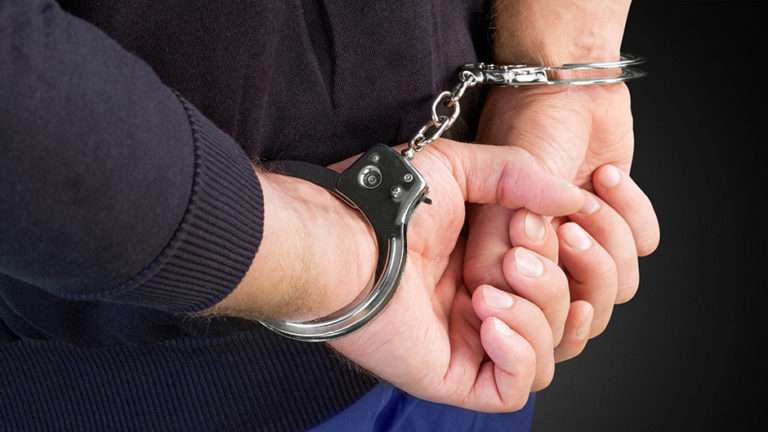Reasonable or Reckless? Learning From the Kelowna Concert Incident
On April 23, 2025, what should have been a night of music at Prospera Place in Kelowna quickly turned into a scene of violence. Security guards found themselves in physical altercations with unruly concertgoers during a Bush concert, and the incident has sparked debate across Canada.
Some attendees accused guards of using excessive force, while others defended their actions, claiming the crowd had become unmanageable. Witnesses reported one woman being “slammed face first” onto the ground, while guards claimed they were being punched, scratched, and even choked.
So what really happened? And what lessons can professional security personnel take away from this?
Why Understanding “Reasonable Force” Is Critical
As security professionals, you're authorized under the Criminal Code of Canada to use force—but only when it's reasonable, necessary, and justified. Sections 25, 34, and 35 provide legal authority to act in defence of people, property, and during lawful duties. However, Section 26 holds you personally liable if the force used is deemed excessive.
Understanding what qualifies as “reasonable” is essential—especially in chaotic environments like concerts, where threats can escalate in seconds.
Five Steps to Smarter Use of Force
- Assess the Threat:
Is the person non-compliant or actively assaultive? Are they intoxicated or experiencing a mental health crisis? - Try De-Escalation First:
Use calm verbal strategies to gain voluntary compliance whenever possible. - Apply Minimal Force:
Match your level of force to the subject’s resistance. Don’t overreact. - Reassess Constantly:
If the person calms down, you must scale back. If they escalate, adjust accordingly. - Document Thoroughly:
Good reports protect you and your company. Be clear about why force was used and what alternatives were considered.
What the Kelowna Incident Teaches Us
In high-pressure situations, mistakes happen fast. But those mistakes—caught on video—can have legal, professional, and reputational consequences.
Security guards must always act as if they’re on camera, because in today’s world, they probably are.
Pro Tips for Event Security Guards
- Prioritize de-escalation over confrontation.
- Know the legal limits of your authority.
- Don’t let emotions dictate your actions.
- Always work as a team when possible.
- Preserve the subject’s dignity.
- Write clear, factual reports post-incident.
The bottom line? Use of force should be rare, calculated, and defendable.
Need more training? Visit SecurityGuardCourse.ca to improve your team’s conflict response and legal awareness.
Last Updated on Jul 14, 2025





